What makes metal cans a safe and reliable packaging solution?
Metal cans have long been a preferred packaging option, particularly in the food and beverage industry. Their durability, versatility, and ability to protect contents from external factors make them a safer packaging solution. To ensure the safety and security of their contents, metal cans are primarily made of tinplate, which offers increased rigidity and strength, offering better protection against external factors and withstanding the impacts of transportation and storage, thus safeguarding the quality of the products within.
The Durability and Protectiveness of Metal Cans
The reason metal cans are a safe and reliable packaging solution stems primarily from their exceptional durability. These cans are made of tinplate, a thin, tin-coated steel sheet that is highly resistant to external damage, making it an excellent choice for protecting sensitive contents. Whether used for cosmetics, food, or household items, metal cans provide a sturdy protective barrier, helping to preserve the quality of the contents.
In addition, tinplate itself is a material renowned for its strength, while the combination of steel and tin enhances the metal’s resistance to corrosion, rust, and wear. The thin layer of steel imparts flexibility to the metal cans, allowing them to withstand the impact and rough handling associated with transportation and storage. The tin coating also creates a smooth, hygienic surface and protects the tin can’s contents from harmful external environments, such as moisture, bacteria, and oxygen, thereby keeping the product fresh for longer.
Metal Cans Offer Better Barrier Properties
Another key factor that makes metal cans a safe and reliable packaging choice is their excellent barrier properties. Tinplate, the material widely used in cans, effectively blocks oxygen, moisture, and light. These substances, when in contact with food or candles, can cause oxidation, spoilage, and degradation of quality. Metal tins effectively prevent these substances from entering, thereby extending the product’s shelf life.
Oxygen is one of the primary factors that causes food to oxidize, altering its flavor, texture, and color. By preventing oxygen from reaching the contents, the tinplate slows the oxidation process, keeping the product fresher for a longer period. The metal can’s moisture-proof properties also prevent moisture from penetrating the container, preventing bacterial or mold growth. Therefore, the excellent barrier properties of metal cans significantly enhance the safety and shelf life of the packaged contents.
Corrosion Resistance: A Key Advantage of Tinplate
One of the primary reasons metal tins are considered a reliable packaging option is their exceptional resistance to corrosion. Tinplate, the material that comprises most tin cans, is naturally corrosion-resistant, making it an ideal choice for the long-term storage of a wide variety of goods. The thin layer of tin provides an effective coating, protecting the underlying steel from rust, even in humid environments or during long-term storage.
For food packaging, corrosion resistance is crucial, as it can react with the packaging material over time. However, the tin coating on the metal tins acts as a protective barrier, preventing direct contact between the product and the underlying steel, thereby avoiding unwanted reactions. Tinplate’s corrosion resistance ensures the can remains intact, protecting the contents from the risk of contamination or spoilage.
Environmental Benefits
Sustainability and environmental friendliness are common concerns in every industry today, and are key concerns for both businesses and consumers. Tinplate offers numerous ecological advantages, making metal tins a responsible and safe packaging choice. One of the most significant advantages of using metal tins is that they are 100% recyclable. Unlike many other packaging materials that lose value after use, people can recycle metal cans repeatedly without compromising their quality or integrity.
The recycling process for metal cans is also very energy-efficient. Because people can reuse tin cans multiple times without degradation, they reduce the need for new raw materials and minimize environmental impact. Recycling metal cans requires significantly less energy than producing new ones, making them a more sustainable packaging option.
Long-Term Cost-Effectiveness
While the initial production cost of metal tins may be higher than that of other packaging options, they can offer significant long-term cost savings. The durability, corrosion resistance, and ability to maintain product quality of metal cans mean they require less frequent replacement than other packaging types. Furthermore, their recyclability helps lower overall production costs. Because metal cans are recyclable, companies can save on raw material costs, which are often a significant expense during the production process. Over time, the durability and recyclability of metal tins reduce waste and lower costs.
Bringing Higher Value to Product Packaging Solutions
Tinplate’s corrosion resistance, high strength, and excellent barrier properties make metal cans a safe and reliable packaging solution. Furthermore, their environmental advantages, customization flexibility, and cost-effectiveness ensure that companies can rely on metal cans to deliver both functionality and aesthetics.

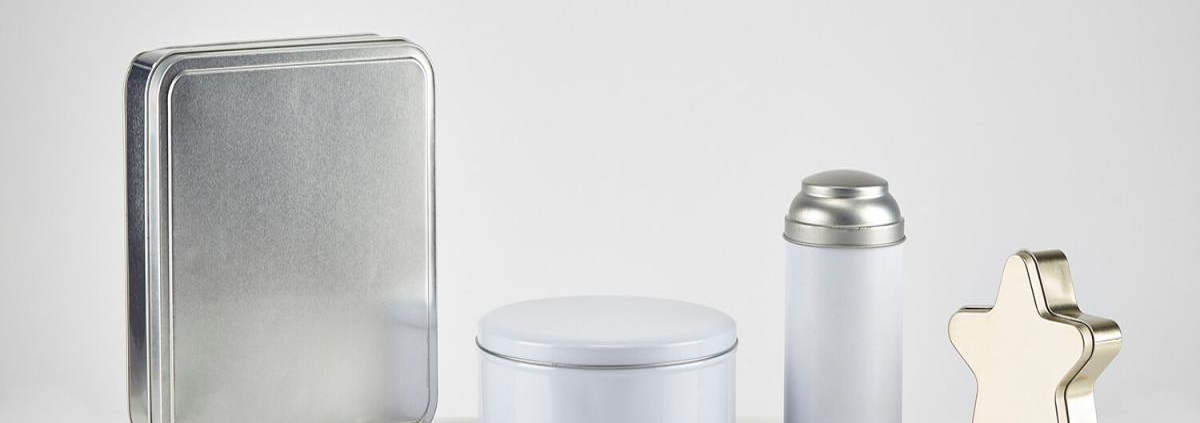
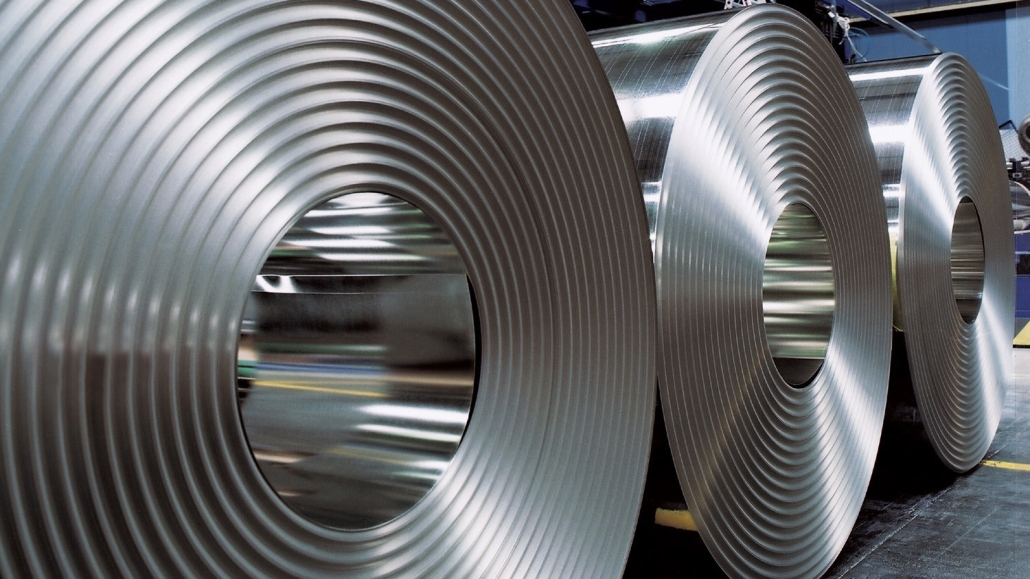
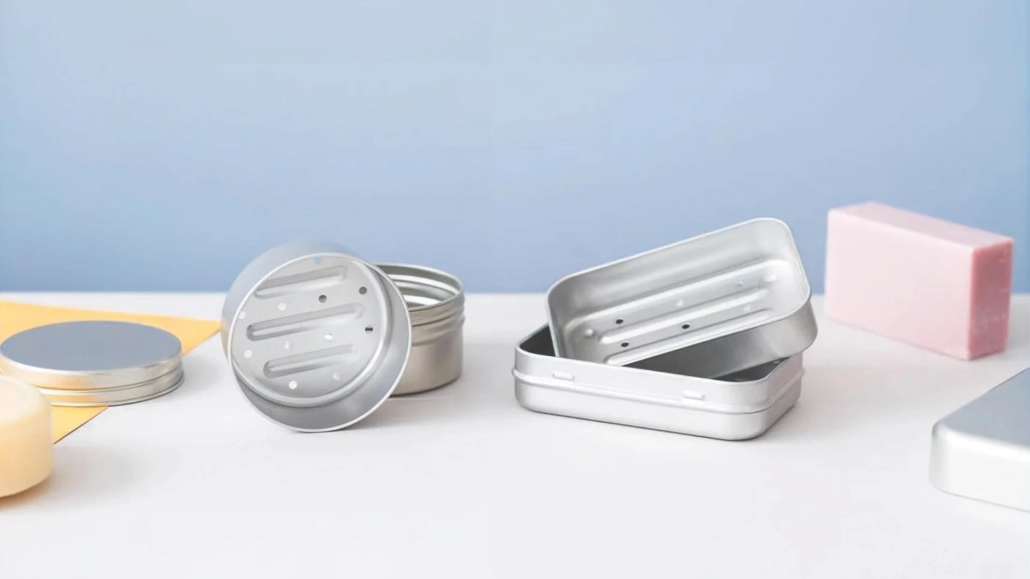
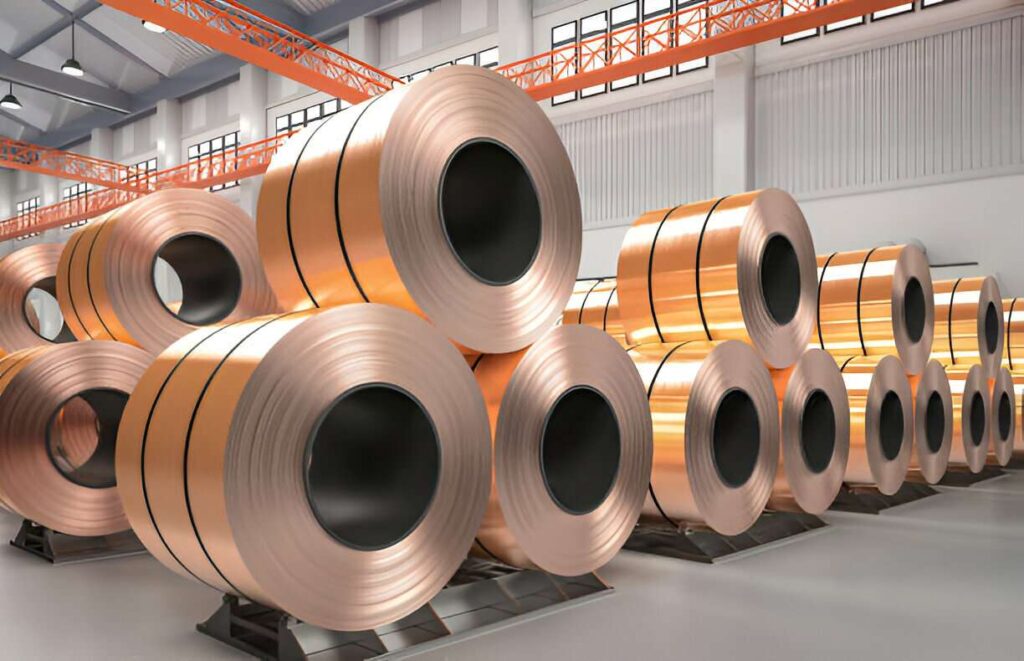
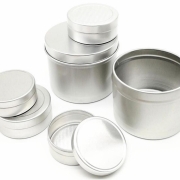
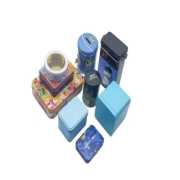
 Facebook
Facebook Twitter
Twitter Linkedin
Linkedin
